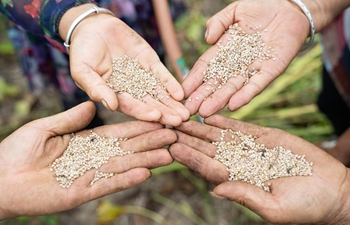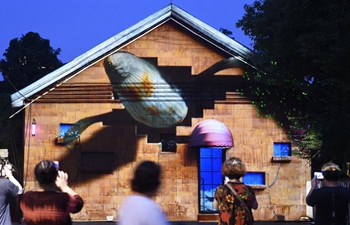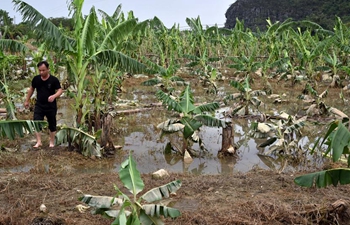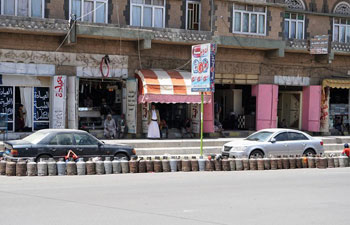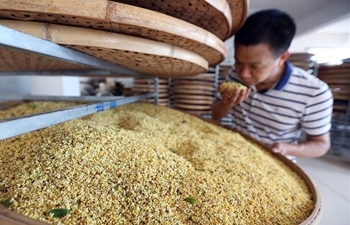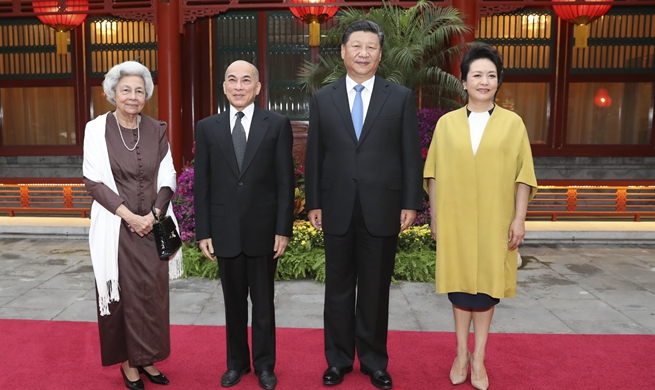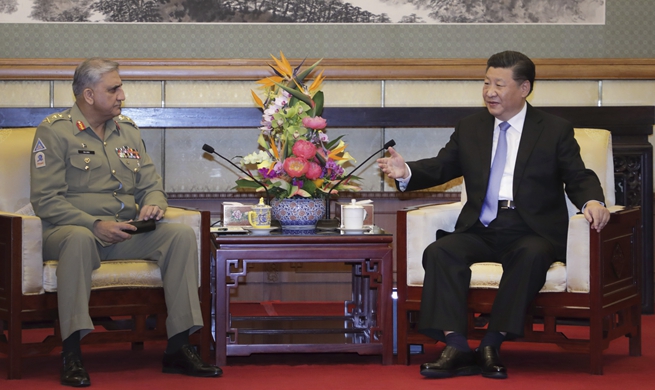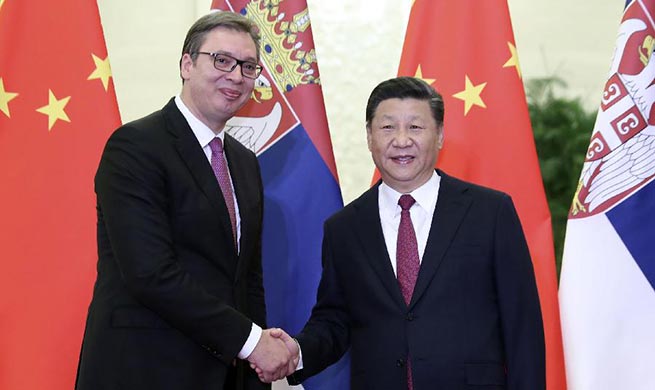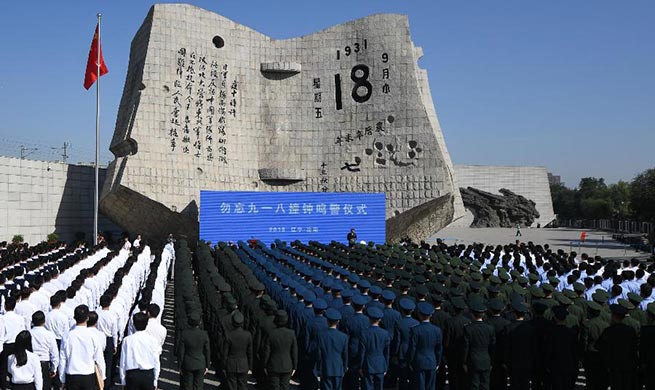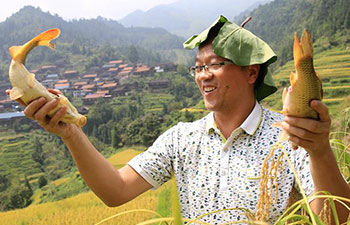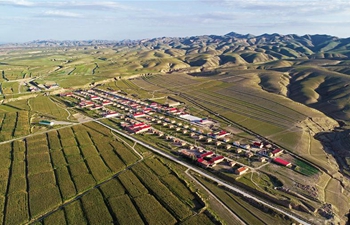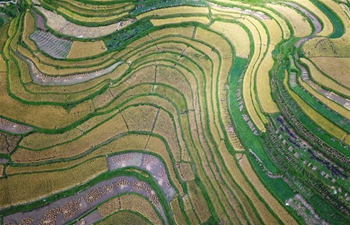JUBA, Sept. 19 (Xinhua) -- South Sudan hopes to develop inclusive and sustainable green energy sector in a bid to increase electrification of rural areas and also boost sources of clean energy, the country's energy ministry has said.
Dhieu Mathok, minister of energy and dams, said South Sudan is currently the least electrified country in the world and over 85 percent of the population lives in rural settings with no access to electricity.
Mathok said the East African nation has prioritized the development of solar, wind and biomass energy to tackle the energy crisis facing the war-torn country as it currently operates only one generator-powered station in the capital, Juba.
Mathok said the government is seeking collaboration with aid agencies and green energy firms to train South Sudanese on the latest renewable energy technology.
Ajuoi Magot Chol, a renewable energy expert at the University of Juba, said South Sudan's dependence on carbon fuels such as diesel generators and wood fuel is harmful to the environment and slow down sustainable development because it is costly.
In a bid to increase the usage of green energy in the world's youngest nation, Chol said energy experts under their umbrella body, the Renewable Energy Council of South Sudan (RECOSS), have come together to provide capacity building to aspiring green energy technicians, and some 85 youth have so far been trained.
David Mozersky, president of Energy Peace Partners, a U.S.-based nonprofit organization, said South Sudan has high potential for development using green energy because South Sudan has ample sunshine with strong solar power potential, adding that green energy is cheaper, cleaner and long lasting compared to thermal.
"Transition from diesel to renewable is cheaper and cleaner. It builds infrastructure and that can serve as peace dividend and building blocks for peace in the short term and in the long term," Mozersky said.
Kevin Gaitho, lecturer of solar technology at Strathmore University in Kenya, urged the South Sudanese government to subsidize green energy products in order to make solar products cheaper for rural communities.
"The challenge I will pose to the government is to introduce subsidies for solar products. They should be exempted from certain amount of tax. That way it creates the demand for people to utilize these products and to encourage renewable energy in South Sudan." Gaitho said.

